
What Is a Door Closure?
A door closure is a mechanical device installed on doors to control their opening and closing speed. These closures help prevent doors from slamming shut, ensure they close securely, and comply with fire and safety regulations in commercial settings.
Types of Door Closures for Commercial Spaces
There are several types of door closures, each designed for specific needs and applications. Below are some of the most common types:
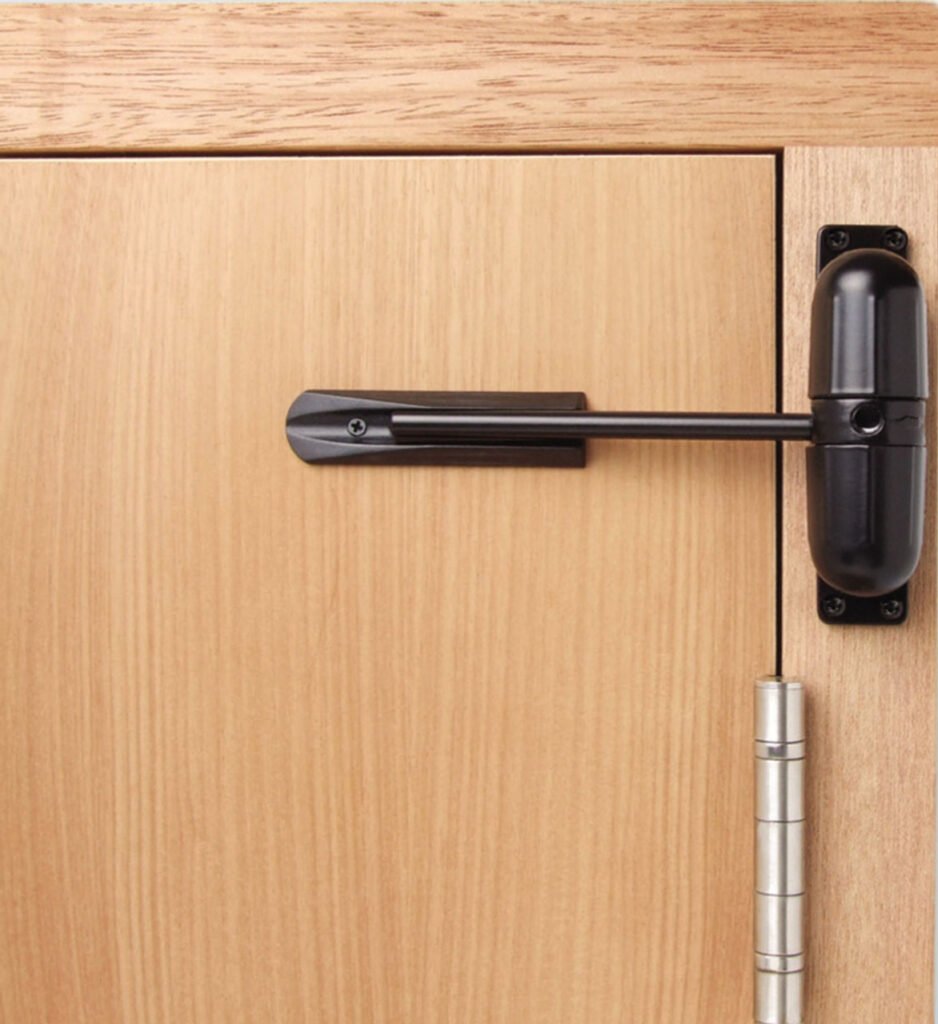
1. Surface-Mounted Door Closures
These are among the most widely used door closures in commercial buildings. They are mounted on the surface of the door and frame, making them easy to install and maintain.
Best for: Offices, retail stores, and public buildings.
Pros:
- Easy to install
- Affordable
- Adjustable closing speed
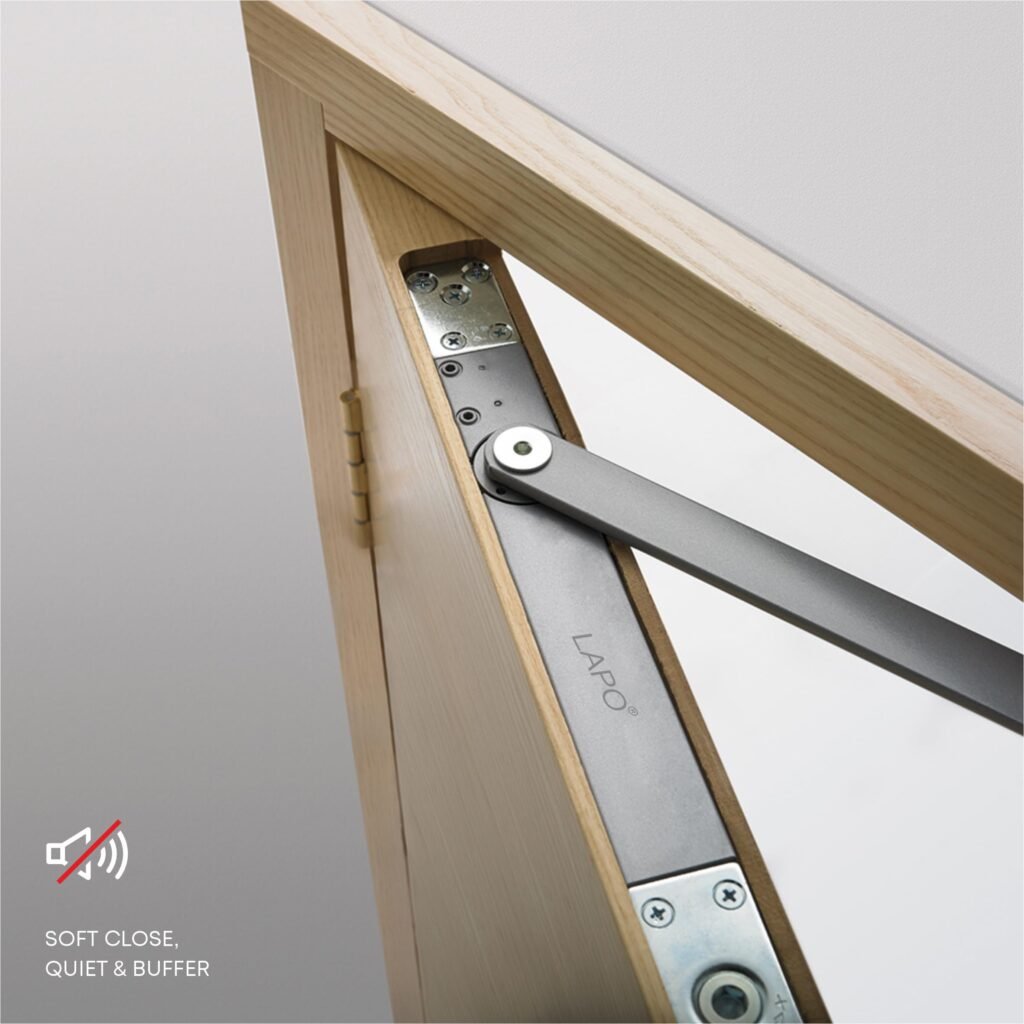
2. Concealed Door Closures
As the name suggests, concealed door closures are hidden within the door frame or the door itself. These closures offer a sleek and modern appearance while maintaining functionality.
Best for: High-end commercial spaces, hotels, and upscale office buildings.
Pros:
- Aesthetically pleasing
- Protected from external damage
- Smooth operation
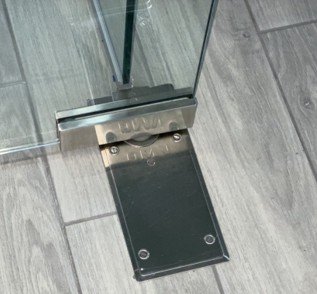
3. Floor-Spring Door Closures
These closures are installed beneath the door, typically used for heavy-duty glass doors or entrance doors in commercial buildings.
Best for: Glass storefronts, malls, and high-traffic areas.
Pros:
- Durable and long-lasting
- Ideal for heavy doors
- Provides smooth and controlled movement
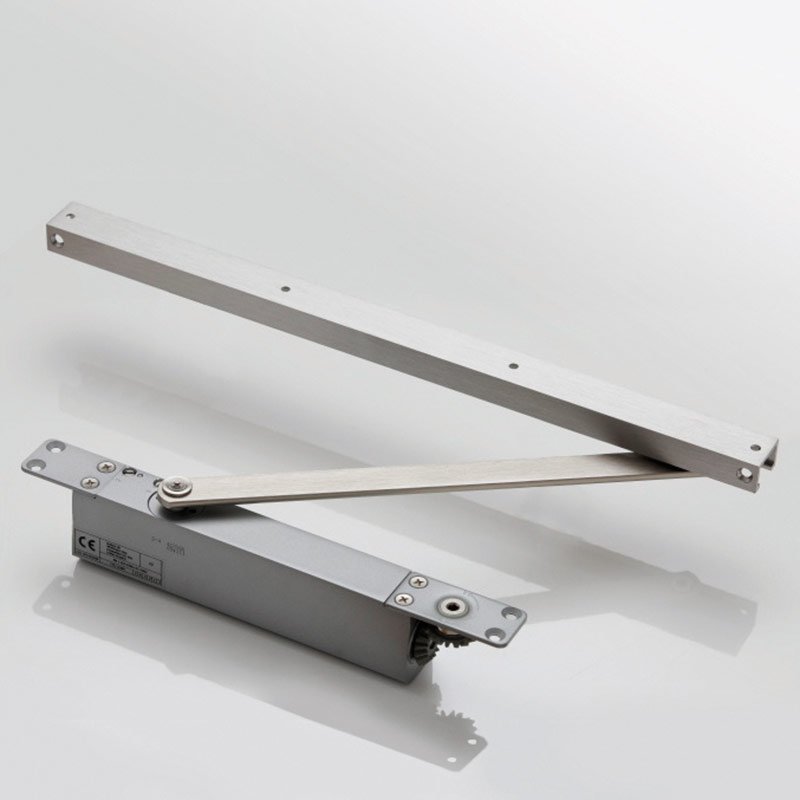
4. Overhead Concealed Door Closures
Similar to concealed closures, these are installed inside the door frame above the door. They provide a clean look while offering powerful closing mechanisms.
Best for: Commercial entrances, glass doors, and high-end office spaces.
Pros:
- Hidden for better aesthetics
- Durable and reliable
- Suitable for fire-rated doors
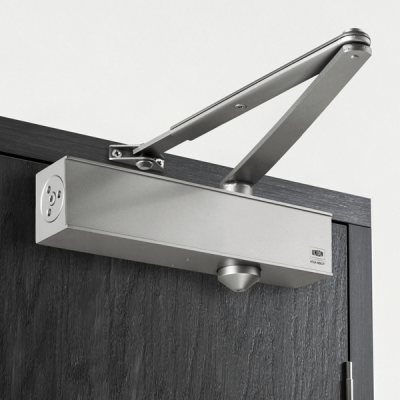
5. Heavy-Duty Door Closures
These closures are designed for high-traffic areas where durability and performance are crucial. Best for: Hospitals, schools, airports, and public buildings.
Pros:
- Handles frequent use
- High strength and durability
- Complies with safety regulations
Key Factors to Consider When Choosing a Door Closure
Before purchasing a door closure, consider the following factors to ensure you get the best option for your commercial space:
1. Door Type and Weight
Different closures are designed to support different door weights and materials. A lightweight interior door may only need a basic surface mounted closure, while a heavy metal door requires a more robust, heavy-duty closure.
2. Traffic Volume
High-traffic areas, such as hospitals and shopping centers, require durable and reliable door closures that can withstand frequent use without wearing out quickly.
3. Safety and Fire Regulations
In commercial spaces, doors often need to comply with fire safety codes. Fire-rated door closures help keep doors shut in case of an emergency, preventing the spread of smoke and flames.
4. Accessibility and ADA Compliance
If your building must comply with the Americans with Disabilities Act (ADA), you need a door closure with adjustable force to allow easy access for individuals with disabilities.
5. Aesthetic Appeal
For commercial spaces with modern or upscale interiors, concealed closures or overhead concealed closures provide a clean and elegant look while maintaining functionality.
6. Weather Conditions
For exterior doors, choosing a closure with weather resistance is crucial. Wind, rain, and extreme temperatures can impact the effectiveness of a closure over time.
Conclusion
Choosing the right door closure for your commercial space is essential for security, durability, and accessibility. By considering factors like door weight, traffic volume, safety requirements, and aesthetics, you can select the best closure that meets your needs. Whether you need a heavy-duty door closure for a hospital or a sleek concealed closure for an upscale office, there’s a perfect option available.
Need expert advice on commercial door solutions? Contact a professional door installation service to get recommendations tailored to your business needs.


